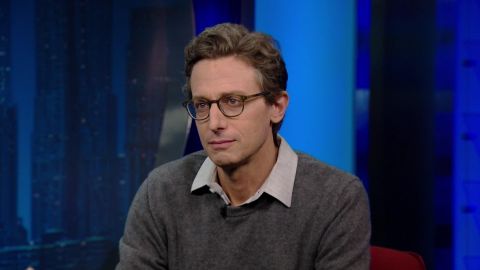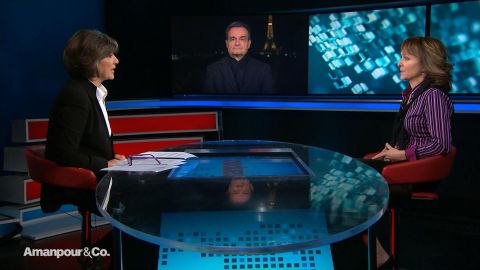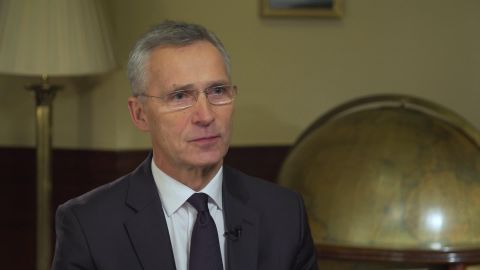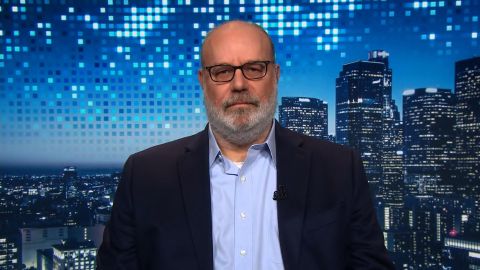Read Transcript EXPAND
CHRISTIANE AMANPOUR: I have been speaking to ambassadors and people from some of the member states who are quite worried, particularly with what just happened in Turkey, and we’ll get to the specifics of Turkey in a moment. But — and Syria. But as they look further, let’s say to China, as they get preoccupied elsewhere, the United States may not be counted upon to consider Europe its main area, its main area of activities and defense. Are you sensing that amongst NATO members, that there’s a little bit of a fear factor in whether the United States, right, under the Trump administration, will remain, you know, such a pillar and to your defense?
JENS STOLTENBERG, NATO SECRETARY GENERAL: The United States is a global power. So, of course, they’re also present in the Pacific and all the regions than Europe.
AMANPOUR: But are you worried that they might put more effort over there and less into Europe?
STOLTENBERG: Well, I think the United States is able to do both. What we see now is that the United States is not reducing their presence in Europe but they’re not necessarily increasing their presence in Europe. And they do that together with European allies, which are also in the (INAUDIBLE).
AMANPOUR: You’re sitting here in London after a weekend of deadly terrorism. Will this leader’s meeting, this summit, talk about realigning NATO toward more of an anti-terrorism defense?
STOLTENBERG: So, first, I would like to express my condolences to those who lost their loved ones in the terrorist attacks in — or attack in London. I also commend the courage of those who — or stopped and were able to stop the attack. NATO has to be able to address both terrorism and all the challenges at the same time. We cannot choose between either terrorism or all the challenges, we need to do both. NATO’s role is to address the root causes of terrorism. That’s the reason why we are part of the global coalition to defeat ISIS. We have an enormous progress in Iraq and Syria. We are in Afghanistan. But terrorism, fighting terrorism is about more than high-end military capabilities. It’s also about addressing the terrorism which emanates from our own neighborhoods
AMANPOUR: You know, it’s personal for you when you were prime minister, this happened in Norway, a terrible terrorist attack. Does it make even more visceral for you, this idea of being able to do more than one thing and terrorism being a main objective?
STOLTENBERG: We have brutal terrorist attack in Norway on the 22nd of July 2011. And, of course, having been through that makes it perhaps easier for me to understand the horror of terrorism. The attack of the (INAUDIBLE) but also in, some account, with a lot of young people in Norway. I think what we saw in Norway but also see in the United Kingdom and in many other places, is that people stand up for their values. They don’t want to be intimidated by the terrorist. They want free, open societies. And as long as we stand up for those values, the terrorists are not going get their way.
About This Episode EXPAND
Jens Stoltenberg gives Christiane Amanpour a preview of this year’s NATO summit in London, then Gérard Araud and Karin von Hippel give the French and American perspectives on the historic meeting. Yaron Zilberman discusses his new film about the assassination of Israeli Prime Minister Yitzhak Rabin, and Jonah Peretti sits down with Walter Isaacson to discuss free speech in the digital age.
LEARN MORE



